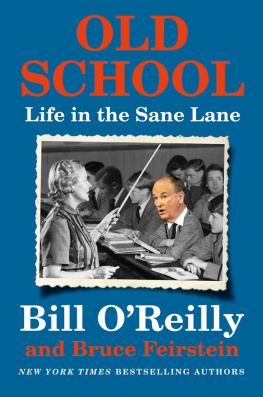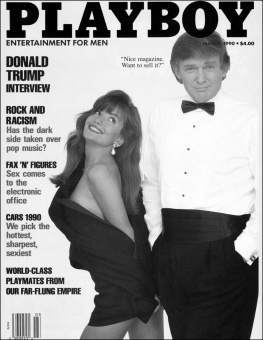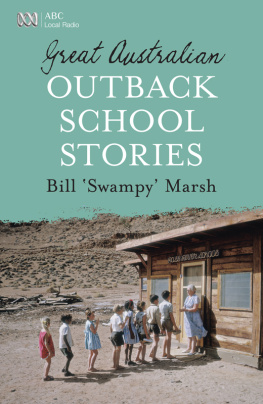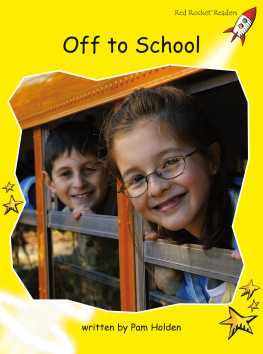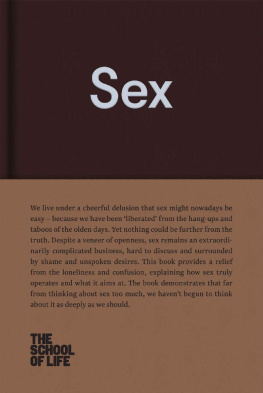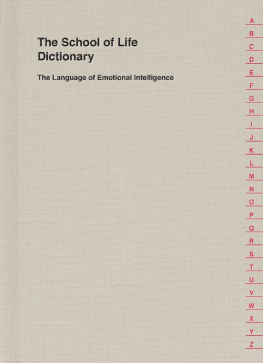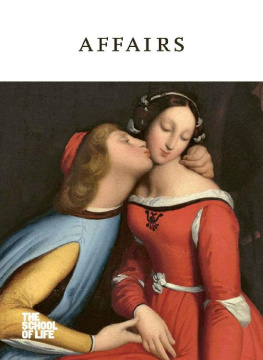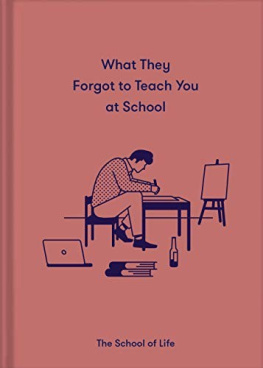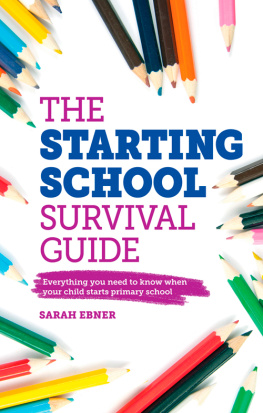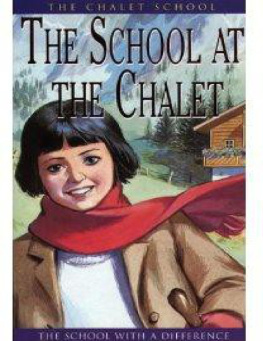
M an, it was a long, hot ride. It was June, and OReilly had just finished up his second year of teaching English and history at Pace High School, in Opa-locka, Florida, just north of Miami. Please dont consider vacationing there. Its known as the crack capital of Dade County. No beaches, plenty of home invasions.
Teaching working-class kids suited me well. I liked most of my pupils and tried to steer the kids toward success. The student body was a fascinating mixture of Cuban Americans, whites, and a few African Americans.
I used discipline and honesty in the classroom, forcing the urchins to do their assignments and pointing out to the slackers that if they avoided college, things could get very dicey in the real world.
One time, I put on a slide show of ghetto life to get my point across, but, really, all these kids had to do was look out the window.
In 1973, I was twenty-four years old and had not really developed a consistent philosophy of life. But I was raised in a traditional Irish-Catholic home and embraced the decency found in it.
In history classes, I promoted traditional thought in a year when the U.S. government was falling part. President Richard Nixon would be gone in two months, the victim of his own dishonesty. Daily, the press barbecued him over the Watergate mess, and the entire two-year-long tragedy fascinated me.
So, I decided to do something about it. I applied to and was accepted at Boston Universitys broadcast journalism masters degree program. Coincidentally, my mother had graduated from BU three decades before, studying physical therapy.
The summer ride from South Florida to the Commonwealth of Massachusetts is hot. Not tepid, but torrid. The dead bugs on my windshield loved it, right up until they became oatmeal.
My old car was not air-conditioned. Sweat poured off me like Albert Brooks in Broadcast News as I zoomed past Jacksonville, Savannah, a tourist trap called South of the Border, Richmond, and on up into the Northeast. I dont remember whining about the incessant heat, and to this day, folks who constantly tell the world about their personal temperature situation annoy me.
Stop. Life is not climate-controlled, people. Accept it. Dont be a Snowflake, a condition we will soon describe.
Little did I know that my eighteen-month tenure at Boston U would not only lay the groundwork for my journalism career, but would also begin my new life in another school: Old School.
In the following pages, that Old School journey will be laid out with the help of a fellow Old School traveler. I met Bruce Feirstein at BU, and there the Old School legend was made.
As the Hollies once warbled, The road is long / with many a winding turn.
Feirstein and I are glad youre along for the ride. Its air-conditioned this time.
My father, Bill OReilly Sr., bought his pants through the mail. Toward the end of his life, retired and always looking to save a few bucks, hed order polyester trousers from a catalog. I think the price was $29.95.
$32.50 in todays dollars.
Problem was the pants were always too short, as my dad was six foot three. But he didnt care. Children of the Great Depression, Old School people who survived economic Armageddon, had strict priorities: if you could save a dollar, you saved a dollar.
One day, I blew in to visit my folks from somewhere and encountered my father wearing mustard-colored pants held up by red suspenders. After the initial greeting, this back-and-forth took place:
Dad, your pants are too short.
Who are you, Oleg Cassini now?
And what color is that?
Theyre yellow. Do you have astigmatism?
Come on, Dad, this is not a good presentation. You dont leave the house wearing those things, do you?
My father paused, giving me a look. He knew I was jazzing him, but his sense of humor overrode any offense.
Dont remember you checking out my wardrobe when I was paying for your college.
Yeah, but you didnt look like one of the Village People back then.
My father actually laughed and walked into the kitchen. He wore those pants for years.
We are all products of our upbringing, and it used to be that Old School philosophy, which well define throughout this book, ruled, at least in working-class homes throughout the country.
No longer.
Now there is an ongoing battle between traditional Americans and those who want a kinder, gentler landscape full of conversations and group hugs, folks who believe that life must be fair and that, if it is not, there has to be a safe space available where they can cry things out.
I cringe when I see this kind of stuff and immediately time-travel back to my Levittown, New York, neighborhood in the 1960s, where my pal Clement would have definitely said, Hey, Ive got your safe space right here !
A physical flourish would have accompanied Clems remark.
The bedrock truth is that life is hard, especially if you have to compete for prosperity. Rather than major in whining, Old School folks tough it out, developing skills to overcome the inevitable obstacles every human being faces.
We all know Snowflakes: the people who blame everyone else for their failures, who look to others to solve their problems, who are sooooo sensitive to every slight.
Boring. And stupid. Dont be that person. Absorb the lessons we are about to impart.
When I looked around for someone with whom to write this book, my friend Bruce Feirstein emerged as the perfect choice. Biggest advantage: he is not like me.
Diplomatic and somewhat cerebral, Feirstein had huge early career success with a book called Real Men Dont Eat Quiche , which was actually a humorous warning about Snowflake culture long before it existed. Then Bruce went on to write Hollywood scripts along with articles for the Wall Street Journal and Vanity Fair , among others. He lives in Los Angeles, so hes enmeshed in Snowflake culture; it affects him every day.
While I embrace an East Coast swagger, Feirstein does not immediately alienate half the universe as I have a tendency to do, but we are both Old School guys, as you will soon see. However, we take different buses to the school, which makes things interesting.
I will concede that America will never go back to the Old School curriculum that many Baby Boomers experienced. Not gonna happen with so many lawyers running wild.
Heres what Im talking about.
If Id worn a bicycle helmet when I was a kid, I would have been mocked beyond belief, and the helmet would immediately have been taken off my head and placed somewhere far away. Maybe Rhode Island.
If my mom had defended me after a kid-on-kid altercation, I could never have left the house again.
If my dad had yelled at the Little League coach, air might have left the tires of our family car.
If Id borrowed money from another kid to buy a Three Musketeers and didnt pay it back, no one would have played with me.
If a kid kicked someone in a fight, he was blacklisted. Only fists, and no hitting when someone was down.
If a girl cursed, silence ensued. For a long time. And boys never bothered girls because of the Brother and His Large Friends rule.
When Feirstein and I were growing up, Mom and Dad were not told everything. In fact, they were told nothing unless the police or fire department arrived at the house.
Most parents seemed to like it that way.
And then there was prevailing wisdom.
Anybody who sold drugs in the neighborhood was scum, the lowest. Irredeemable.
Kids who were different were generally okay, unless they flaunted the situation. There was some bullying, but my crew didnt like it, and sometimes confronted it.
Next page
